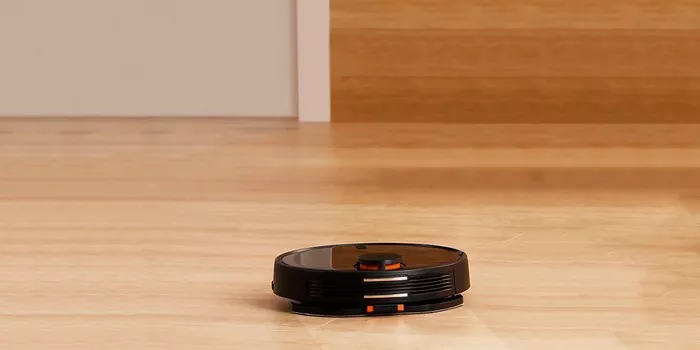Before the advent of the vacuum cleaner, keeping homes clean was a labor-intensive task that often involved primitive methods. Throughout history, various cultures employed rudimentary cleaning techniques, such as sweeping with brooms made from natural materials like straw or twigs, and using cloths or brushes to remove dust and debris. These methods, while effective to some extent, were time-consuming and often ineffective at removing finer particles from surfaces.
Invention Milestones
The journey toward the modern vacuum cleaner began with significant milestones in cleaning technology. In 1860, Daniel Hess patented the first manual vacuum cleaner, which relied on a rotating brush mechanism powered by hand. This early device laid the groundwork for future innovations in home cleaning technology. Later, in 1901, Hubert Cecil Booth invented the first powered vacuum cleaner. Booth’s machine, known as the “Puffing Billy,” utilized a gasoline-powered engine to create suction and remove dirt and dust from carpets and floors. These inventions marked pivotal moments in the development of the vacuum cleaner, paving the way for more advanced designs to come.
Key Inventors
Hubert Cecil Booth and Ives W. McGaffey are two notable figures whose contributions shaped the evolution of the vacuum cleaner. Booth’s invention of the powered vacuum cleaner introduced the concept of suction-based cleaning, revolutionizing the way people approached household chores. McGaffey’s patented design for a hand-operated vacuum cleaner in 1869 further refined the technology, making it more accessible to the general public. Their innovative ideas and pioneering spirit propelled the vacuum cleaner from a novelty to an essential household appliance.
Technological Evolution
Over the years, vacuum cleaners underwent significant technological advancements, evolving from cumbersome, horse-drawn machines to sleek, electric devices that we use today. The introduction of electric-powered vacuum cleaners in the early 20th century revolutionized home cleaning by providing a more efficient and convenient solution. These early electric models featured motor-driven fans that created suction, allowing users to quickly and effectively remove dirt and debris from floors and carpets. Subsequent innovations, such as the addition of disposable dust bags and HEPA filters, further improved the performance and usability of vacuum cleaners, making them indispensable tools in modern households.
Impact on Society
The invention of the vacuum cleaner had a profound impact on society, fundamentally changing the way people approached household cleaning. Prior to its invention, cleaning was a time-consuming and labor-intensive task that often required significant physical effort. With the advent of the vacuum cleaner, cleaning became faster, easier, and more efficient, allowing people to maintain cleaner and healthier living environments with minimal effort. This newfound convenience freed up valuable time and energy, enabling individuals to focus on other pursuits and activities. Additionally, the widespread adoption of vacuum cleaners contributed to improved hygiene standards and public health by reducing the spread of dust, allergens, and other pollutants in indoor spaces.
Modern Developments
In recent years, vacuum cleaner technology has continued to evolve, with manufacturers introducing a wide range of innovative features and functionalities to meet the diverse needs of consumers. Modern vacuum cleaners incorporate advanced technologies such as cyclonic suction, cordless operation, and smart sensors to deliver superior cleaning performance and user convenience. Additionally, the rise of robotic vacuum cleaners has transformed the way people clean their homes, offering hands-free operation and autonomous navigation capabilities. These latest developments underscore the ongoing commitment of industry leaders to innovation and continuous improvement in home cleaning technology.
Conclusion
The invention of the vacuum cleaner represents a significant milestone in the history of home cleaning, offering a transformative solution to an age-old problem. From humble beginnings as manual contraptions powered by hand, vacuum cleaners have evolved into sophisticated, electric appliances that have revolutionized the way we maintain our living spaces. Thanks to the contributions of pioneering inventors and ongoing technological advancements, vacuum cleaners continue to play a vital role in modern households, providing efficient and effective cleaning solutions that meet the ever-changing needs of users. As we look to the future, it is clear that the legacy of the vacuum cleaner will endure, shaping the way we clean and care for our homes for generations to come.

